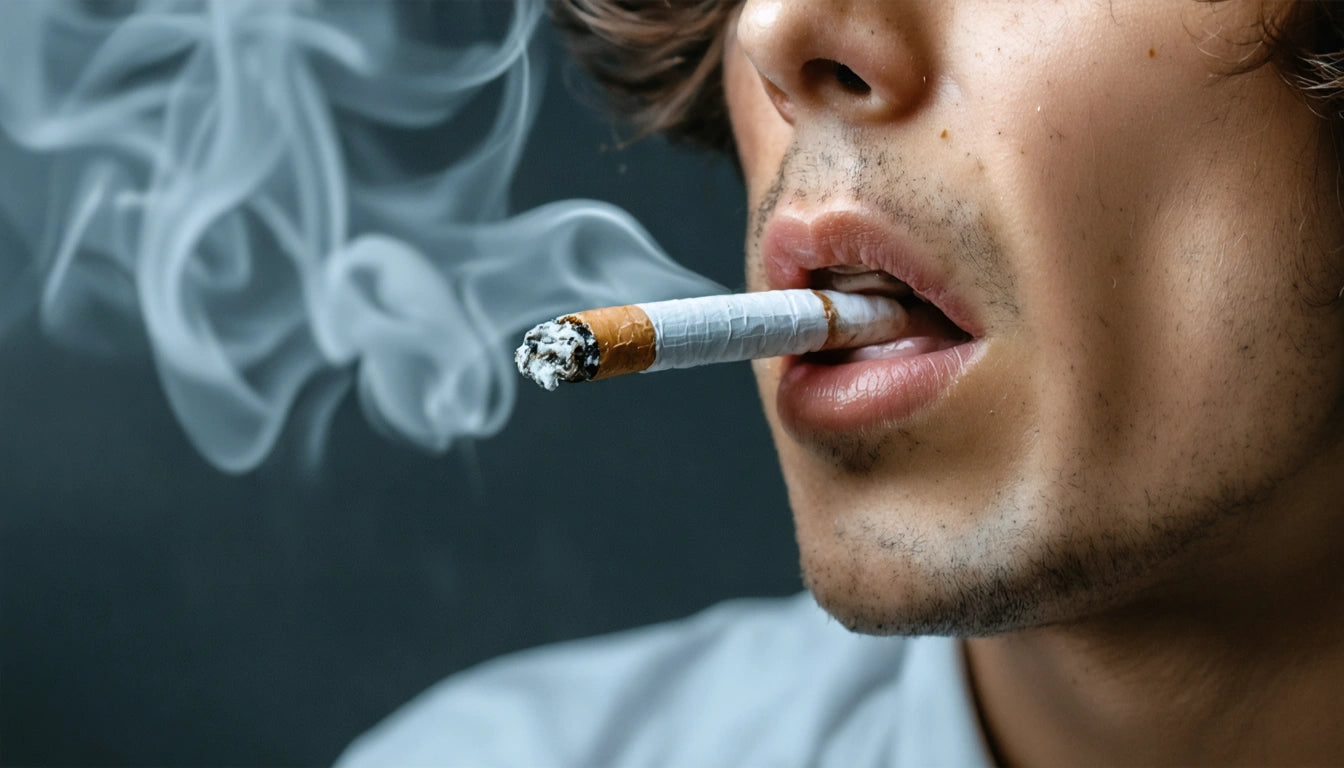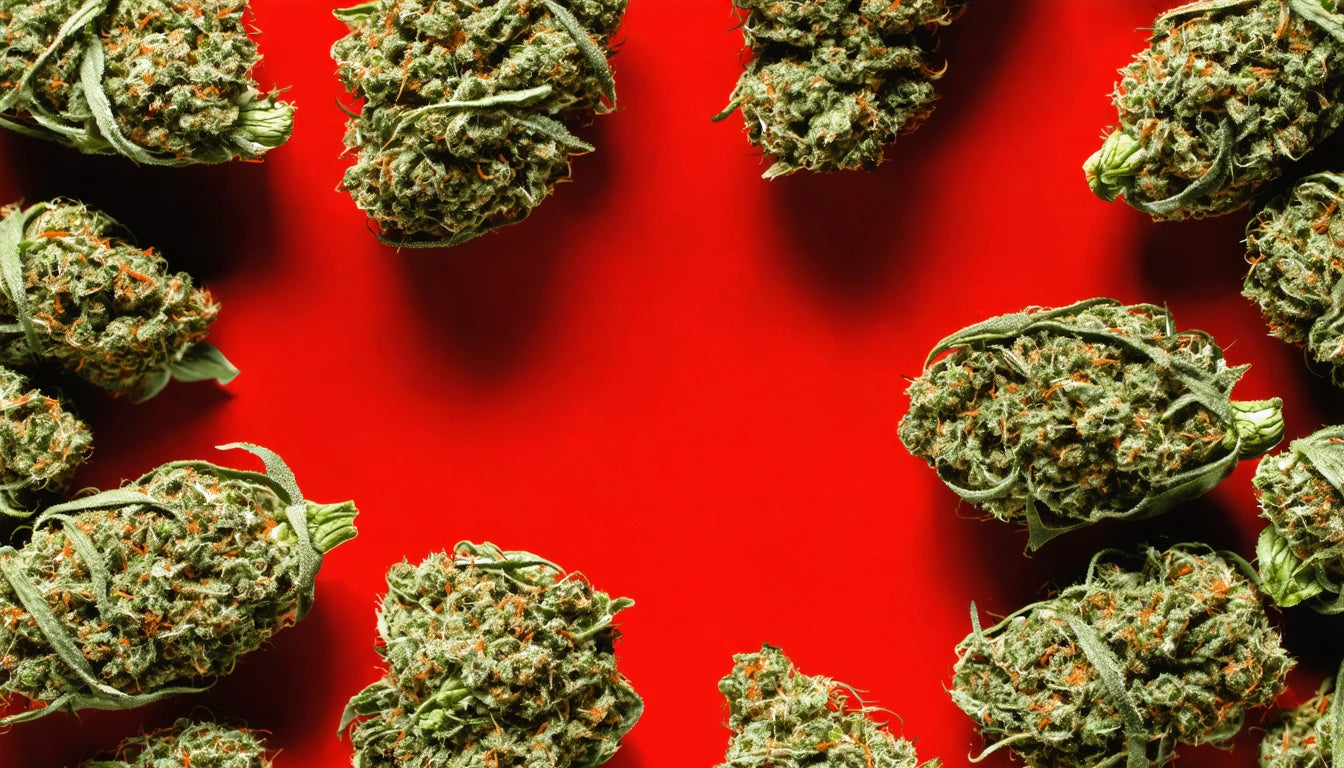Table of Contents
Understanding the Connection Between Smoking and Sore Throat: Causes and Remedies
Experiencing a sore throat after smoking is a common complaint among both occasional and regular smokers. This discomfort ranges from mild irritation to significant pain that can interfere with daily activities. Understanding why smoking hurts your throat and how long these symptoms typically last can help you manage discomfort and make informed decisions about your consumption habits.
Why Smoking Causes Throat Pain
Smoking introduces hot, dry air and various irritants directly into your throat. This combination creates the perfect conditions for inflammation and irritation of the sensitive throat tissues. Several specific factors contribute to why your throat hurts from smoking:
- Heat exposure from smoke damages the mucous membranes
- Chemical irritants in smoke trigger inflammatory responses
- Dehydration of throat tissues from hot, dry smoke
- Coughing reflexes further irritate already inflamed tissues
According to research on throat discomfort after smoking, the temperature of smoke can reach levels that cause immediate irritation to the pharynx and larynx, resulting in that characteristic burning sensation.
Duration of Smoking-Related Sore Throats
How long does a sore throat from smoking last? The timeline varies based on several factors:
For Occasional Smokers:
Typically, throat discomfort lasts 1-3 days as the body works to repair the irritated tissues. The inflammation generally subsides once exposure to the irritant stops.
For Regular Smokers:
Chronic throat irritation may become a persistent condition, with symptoms worsening after each smoking session. Without adequate recovery time between exposures, the throat remains in a constant state of inflammation.
Factors affecting recovery time include hydration levels, overall health status, and whether you continue smoking while experiencing symptoms. For those looking to reduce throat irritation, using quality grinding equipment for more consistent material preparation can help create a smoother smoking experience with less throat irritation.
Identifying Smoking-Induced Throat Irritation
Can smoking make your throat hurt? Absolutely. The symptoms of a smoking-related sore throat often include:
- Rawness or burning sensation
- Difficulty swallowing
- Hoarseness or voice changes
- Dry, scratchy feeling
- Mild to moderate pain that worsens when swallowing
These symptoms differ slightly from those of a viral or bacterial infection, which typically include additional signs like fever, body aches, or colored phlegm. Understanding these sensory reactions can help you distinguish between smoking-related irritation and other health concerns.
Effective Remedies for Throat Discomfort
If you're experiencing throat pain after smoking, several remedies can provide relief:
Immediate Relief Strategies:
- Stay well-hydrated with room temperature water
- Gargle with warm salt water several times daily
- Use throat lozenges containing honey or menthol
- Try warm herbal teas with honey and lemon
- Rest your voice to minimize additional strain
Longer-Term Approaches:
For those asking "why does my throat hurt from smoking" on a regular basis, consider these longer-term solutions:
- Take breaks between smoking sessions to allow healing
- Consider switching to lower-temperature consumption methods
- Use humidifiers to maintain throat moisture
- Avoid additional irritants like alcohol and spicy foods
Many users report significant improvement by implementing these strategies, particularly when combined with temporary reduction in smoking frequency.
Prevention Strategies for Smokers
If you're wondering "can you get a sore throat from smoking" and how to prevent it, these proactive measures can help minimize irritation:
- Use proper filtration methods
- Ensure proper material preparation for smoother smoke
- Stay consistently hydrated before, during, and after smoking
- Consider alternatives like vaporizers that operate at lower temperatures
- Take smaller, gentler inhalations rather than deep draws
As discussed in this guide on preventing coughing while smoking, proper technique and equipment maintenance play significant roles in reducing throat irritation.
When to Seek Medical Attention
While most smoking-related sore throats resolve with self-care, certain symptoms warrant medical attention:
- Severe pain that prevents eating or drinking
- Throat pain lasting more than one week
- Difficulty breathing or swallowing
- Fever above 101 °F (38.3 °C)
- Blood in saliva or phlegm
- Recurring sore throats despite preventive measures
These symptoms could indicate complications or underlying conditions requiring professional treatment. A common question is "can you smoke with tonsillitis?" Medical professionals generally advise against it, as smoking can significantly worsen tonsillitis and delay healing.
Long-Term Throat Health for Smokers
For those who continue to smoke, maintaining throat health requires a comprehensive approach. Regular smokers should consider:
- Scheduling periodic breaks from smoking to allow complete tissue recovery
- Implementing daily throat care routines including hydration and salt water gargles
- Being aware of changes in throat comfort or voice quality that persist
- Considering how smoking methods and frequency affect individual throat sensitivity
Understanding that does smoking hurt your throat is not just about immediate discomfort but also long-term health implications can motivate better self-care practices. As research on smoking risks indicates, chronic throat irritation can lead to more serious conditions if not properly managed.
By recognizing the connection between smoking and throat discomfort, implementing effective remedies, and taking preventive measures, smokers can significantly reduce the frequency and severity of sore throats while making more informed decisions about their consumption habits.











Leave a comment
All comments are moderated before being published.
This site is protected by hCaptcha and the hCaptcha Privacy Policy and Terms of Service apply.